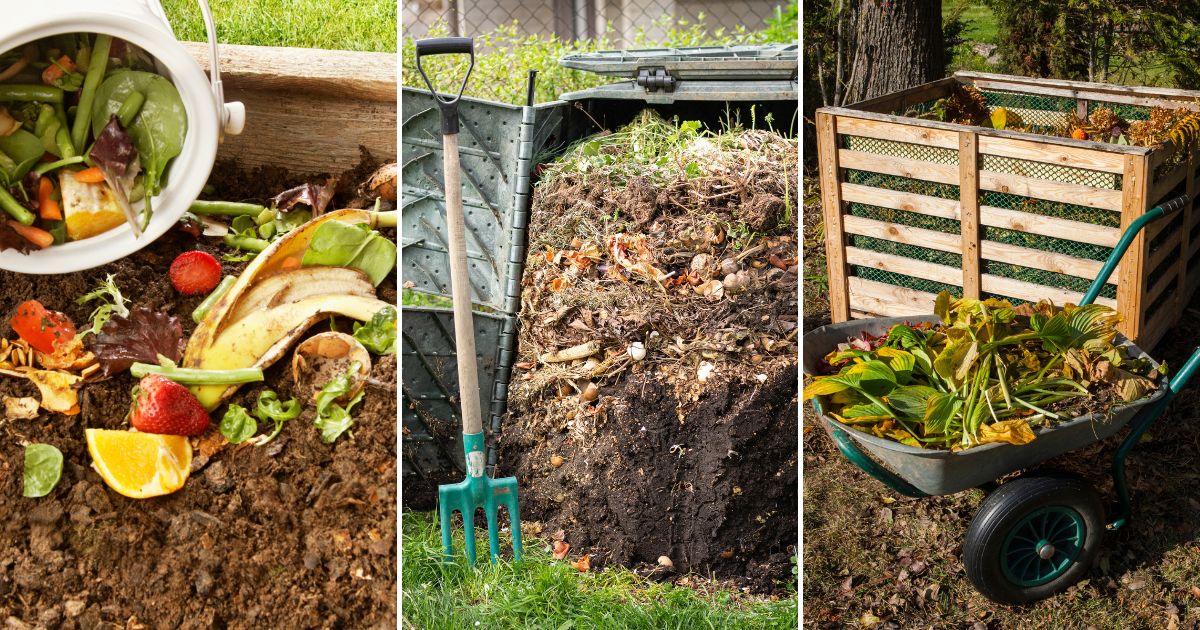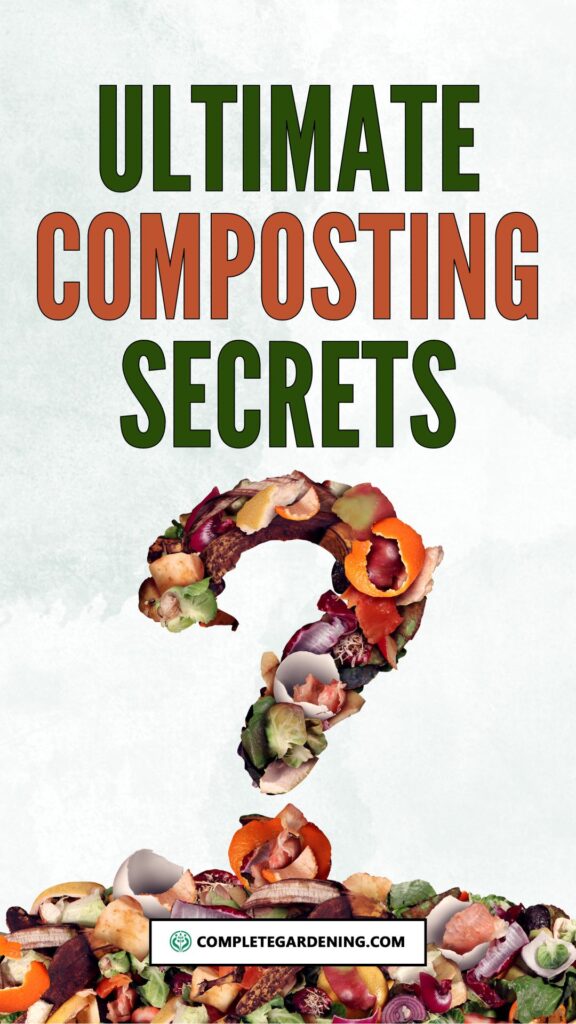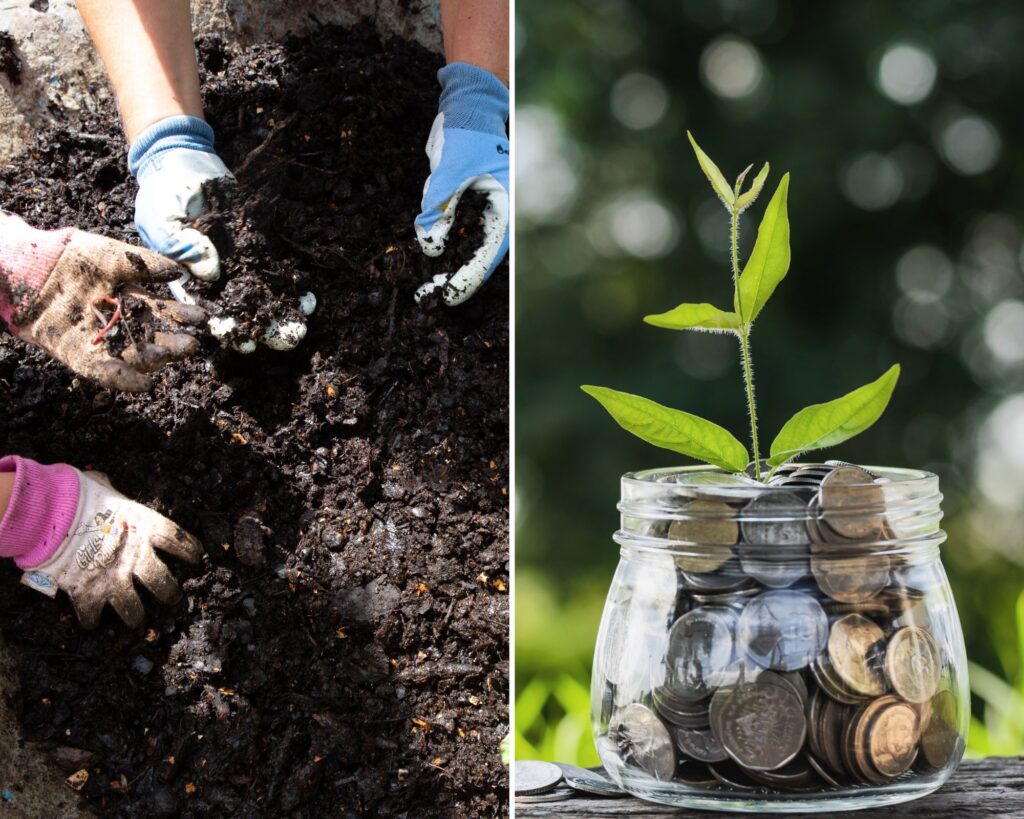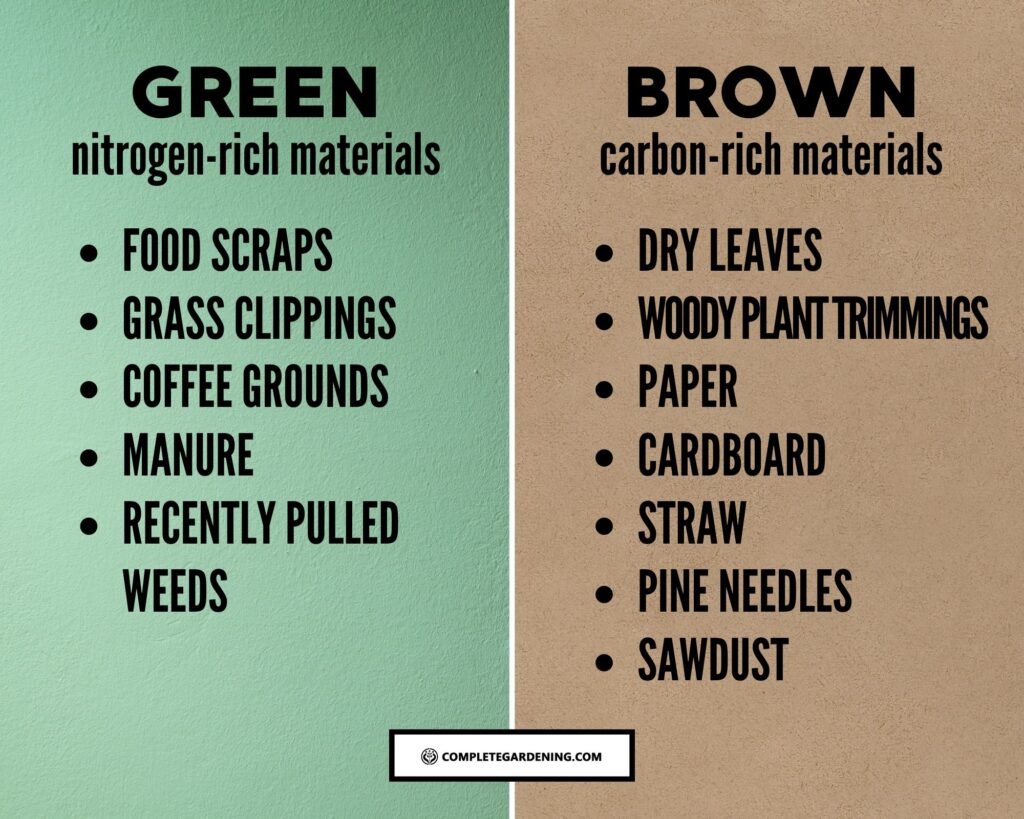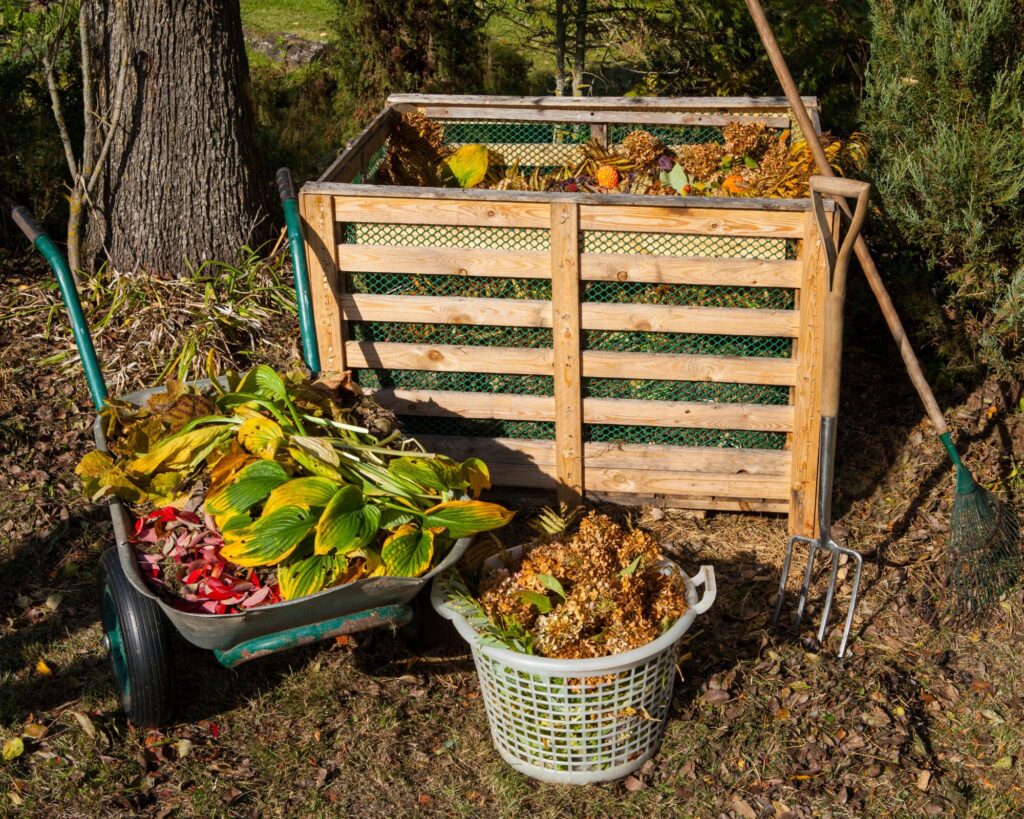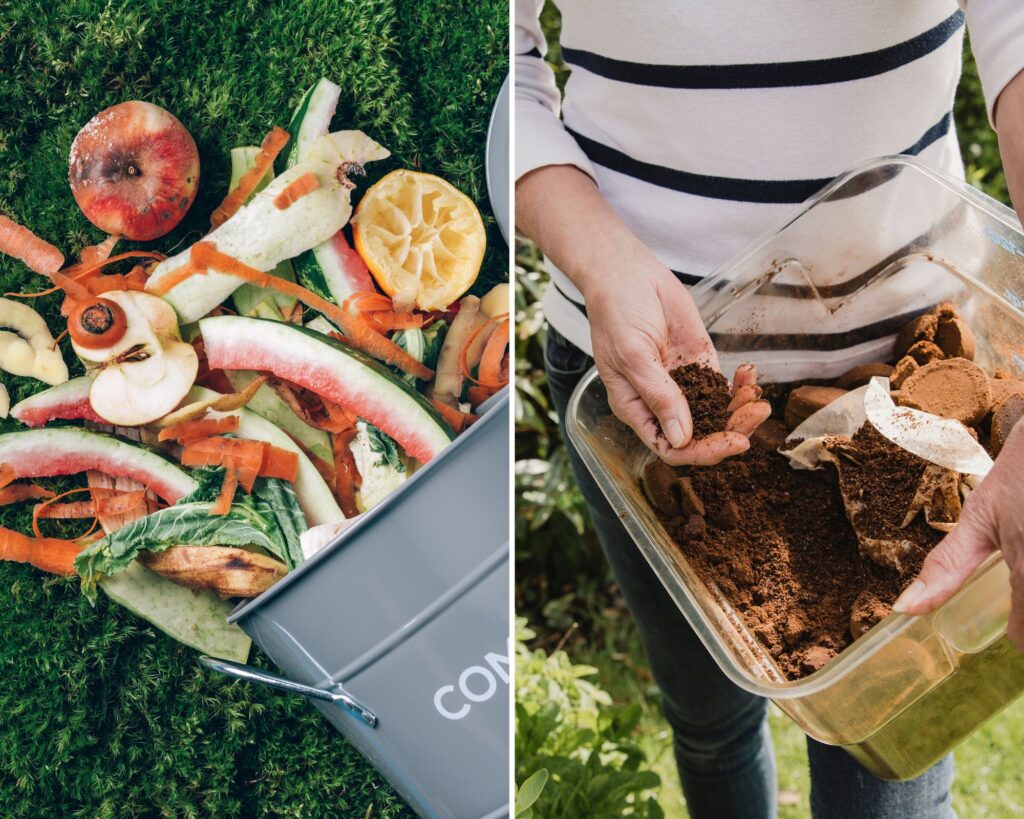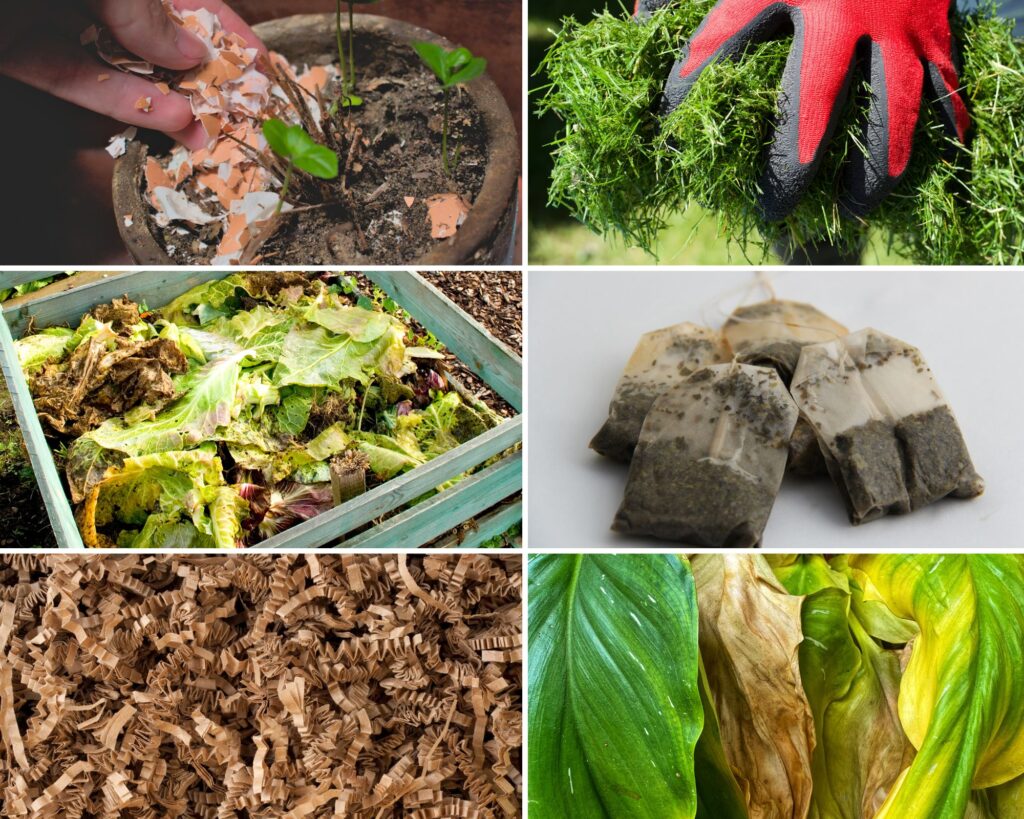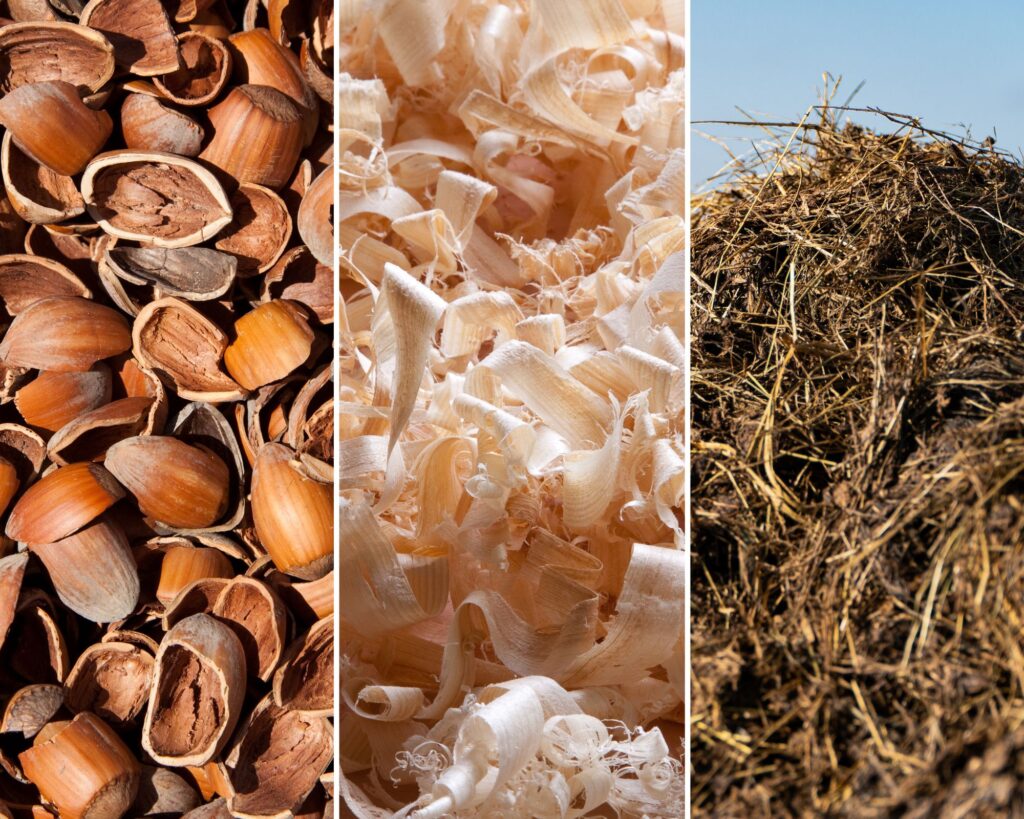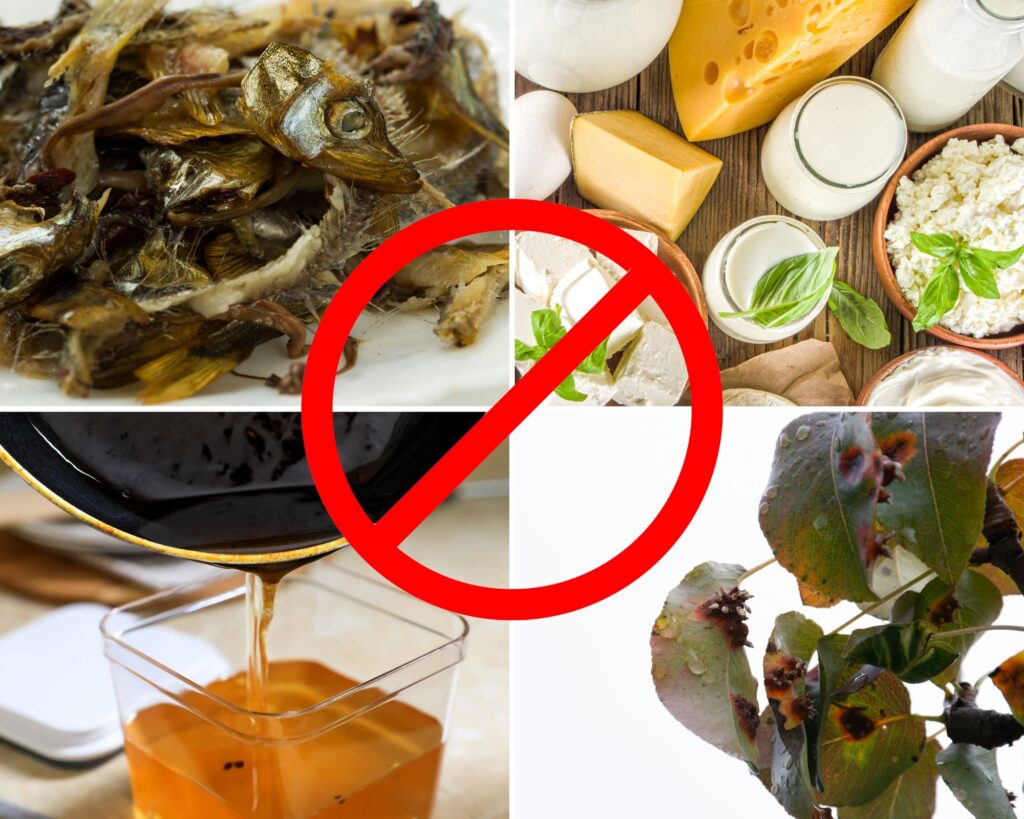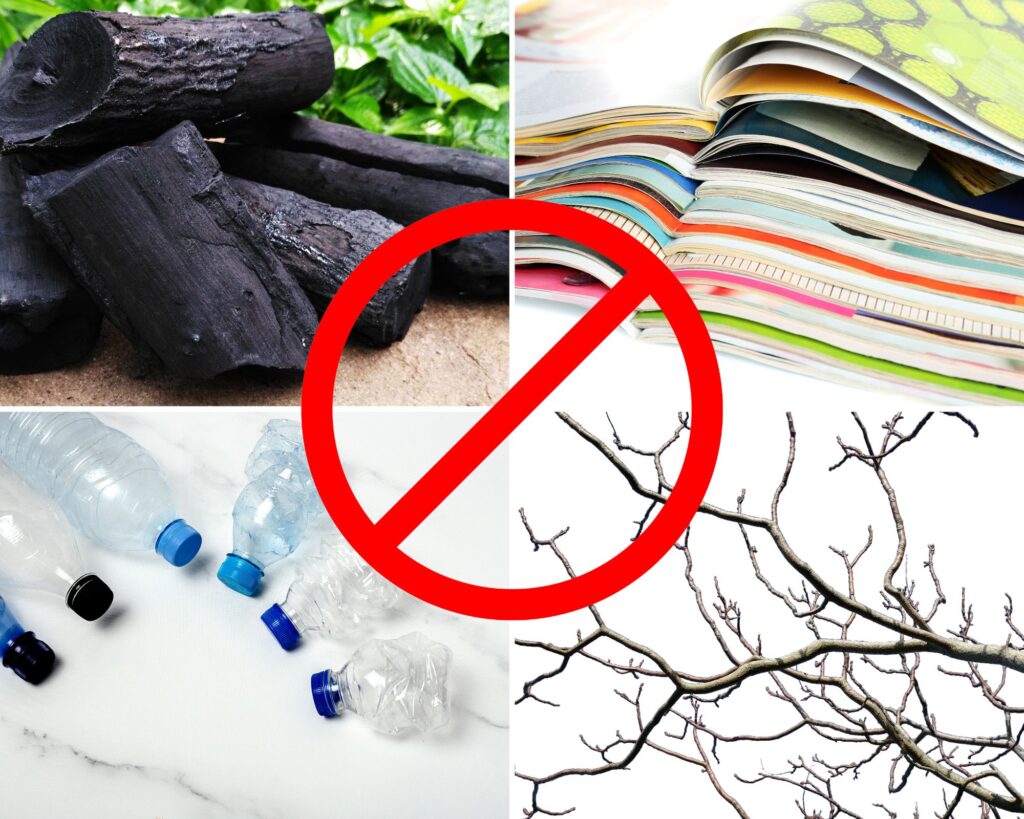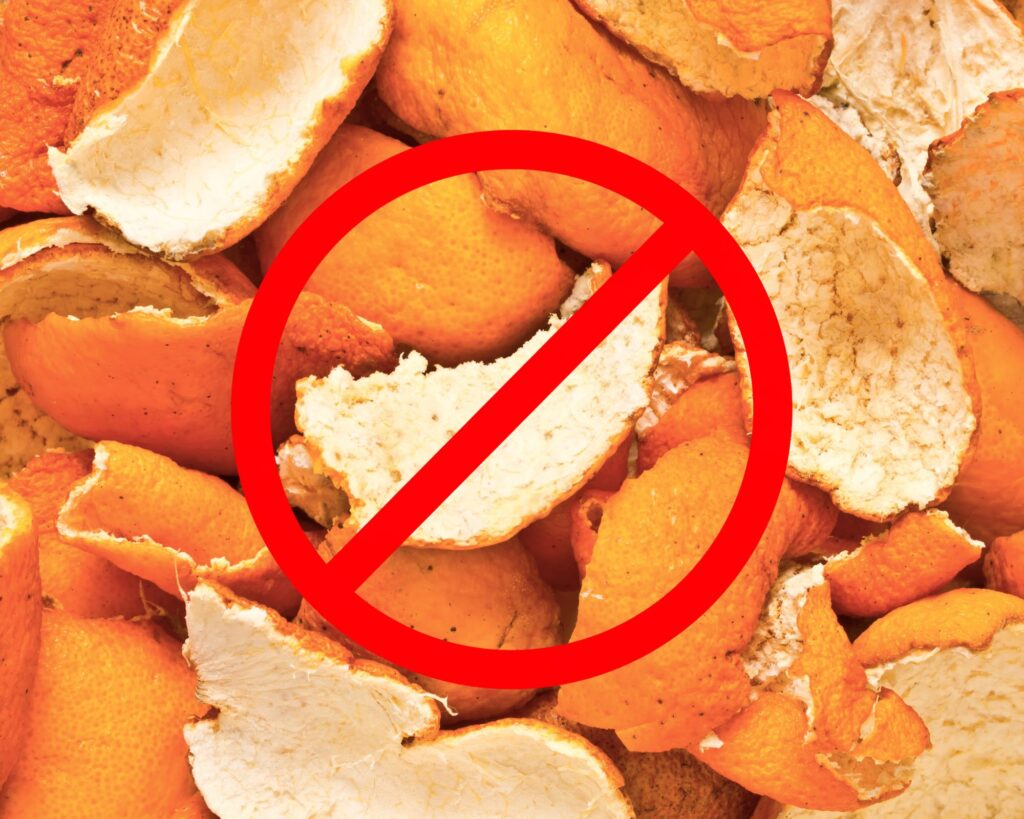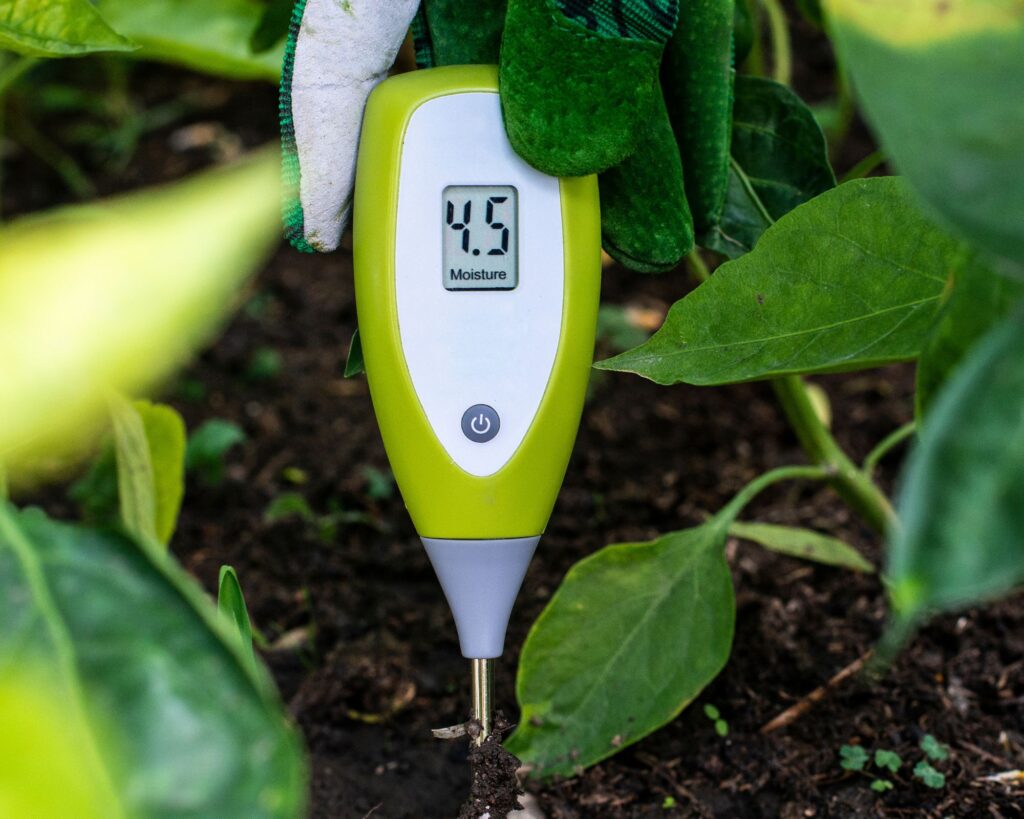Composting is one of the most effective ways to reduce waste and enrich your garden with nutrient-rich soil. By recycling organic matter, you not only divert waste from landfills but also create a valuable resource for your garden.
Whether you’re a seasoned gardener or a beginner, understanding what can and can’t be composted is crucial for successful composting.
This guide will walk you through the essentials of composting, including a detailed list of 15 things you can and can’t compost.
What is Composting?
Composting is the natural process of recycling organic matter, such as leaves and food scraps, into a valuable fertilizer that can enrich soil and plants. This process involves the decomposition of organic materials by microorganisms in a controlled, aerobic environment.
The end product, known as compost, is a dark, crumbly, earthy-smelling material that is rich in nutrients.
Benefits of Composting
1. Reduce Waste: Composting helps reduce the amount of waste sent to landfills, where organic materials can produce methane, a potent greenhouse gas.
2. Improve Soil Health: Compost adds essential nutrients to the soil, improves soil structure, and increases its ability to retain moisture.
3. Save Money: By creating your own compost, you can save money on commercial fertilizers and soil conditioners.
4. Environmental Impact: Composting reduces the need for chemical fertilizers, which can harm the environment.
The Basics of Composting – Green and Brown Materials
To start composting, you’ll need a balance of “green” and “brown” materials:
- Green Materials: These are rich in nitrogen and include items like fruit scraps, vegetable peels, coffee grounds, and grass clippings.They decompose quickly and provide essential nutrients.
- Brown Materials: These are rich in carbon and include items like dried leaves, straw, paper, and cardboard.
A good compost pile should have a balance of about two-thirds brown materials and one-third green materials. Mixing these materials thoroughly encourages aerobic decomposition, preventing odors and promoting an efficient breakdown process.
Moisture and aeration are also important factors. The pile should be moist but not soggy, and turning the pile regularly helps to aerate it, speeding up the decomposition process.
Setting Up Your Compost Bin
Setting up your compost bin involves selecting a suitable bin and finding the right location for it.
- Selecting the right compost bin is crucial. You have several options: plastic bins, wooden bins, or even a simple pile.
Plastic bins are durable and often come with lids. They help maintain moisture and temperature. Wooden bins blend well with outdoor spaces and are good for airflow but may deteriorate over time.
For those who prefer minimal setups, a simple pile on the ground works. Make sure it’s contained to avoid mess. Consider the bin’s size based on your composting volume. A small bin for household scraps or a larger one for yard waste might be necessary.
- Placing your compost bin in the right spot impacts its effectiveness. Find a shaded area that gets partial sunlight. This helps regulate temperature and prevents the compost from drying out quickly.
Ensure the spot has good drainage. A slightly elevated position works well to avoid water logging. Place the bin on bare soil to facilitate interaction with soil organisms.
15 Things You Can Compost
Composting can transform waste into valuable nutrients for your garden. From kitchen scraps to yard waste, there are many items you might not realize are compostable.
1. Fruit and Vegetable Scraps: These are some of the best materials for composting. They break down quickly and add valuable nutrients to the compost.
2. Coffee Grounds and Filters: Coffee grounds are rich in nitrogen, making them an excellent addition to your compost pile. The filters can also be composted as long as they are unbleached.
3. Eggshells: Crushed eggshells add calcium to the compost, which is beneficial for plant growth. Make sure to crush them finely to speed up decomposition.
4. Grass Clippings: Fresh grass clippings are high in nitrogen and can help heat up the compost pile, accelerating the decomposition process. However, avoid adding too much at once, as they can mat together and become slimy.
5. Leaves: Fallen leaves are a great source of carbon. Shredding them before adding them to the compost pile can help them break down more quickly.
6. Tea Bags: Many tea bags are compostable, but be sure to check if the bags are made from synthetic fibers. Remove any staples or tags before composting.
7. Shredded Newspaper and Cardboard: These materials add carbon to your compost. Shred them finely and avoid glossy or heavily inked paper.
8. Houseplants: Dead or trimmed houseplants can be composted. Avoid adding plants that are diseased or have been treated with pesticides.
9. Nut Shells: Most nut shells (except for walnut shells, which can be toxic to plants) can be composted. They break down slowly, so crush them before adding them to the pile.
10. Hair and Fur: Human and pet hair, as well as fur, can be composted. They are slow to decompose but add valuable nitrogen.
11. Sawdust and Wood Chips: These add carbon to your compost. Use sawdust from untreated wood only and mix it well with other materials to avoid clumping.
12. Paper Towels and Napkins: As long as they are not heavily soiled with grease or chemicals, these can be composted. They add carbon to the pile.
13. Corncobs and Stalks: These materials break down slowly but add valuable carbon. Chop them into smaller pieces to speed up the process.
14. Weeds: Young, non-seeding weeds can be composted. Avoid adding mature weeds or those with seeds to prevent spreading them in your garden.
15. Herbivore Manure: Manure from herbivores like cows, rabbits, and horses is rich in nitrogen and can be composted. Avoid manure from meat-eating animals.
15 Things You Can’t Compost
When composting, it’s crucial to know what materials to avoid in your compost pile. Certain items can hinder the composting process or introduce harmful substances into your compost.
1. Meat and Fish Scraps: These materials can attract pests and produce unpleasant odors. They also decompose slowly and can introduce harmful pathogens.
2. Dairy Products: Items like milk, cheese, and yogurt can create odors and attract pests. They can also disrupt the balance of your compost pile.
3. Fats and Oils: Cooking oils, butter, and grease should not be composted as they can slow down the decomposition process and attract pests.
4. Pet Waste: Waste from meat-eating pets like dogs and cats can contain harmful pathogens and should be avoided.
5. Diseased Plants: Plants that are diseased or infested with pests can spread diseases in your compost and garden.
6. Coal or Charcoal Ash: These can contain harmful chemicals and heavy metals that are toxic to plants.
7. Treated Wood: Sawdust or wood chips from treated wood can contain chemicals that are harmful to plants and soil organisms.
8. Non-Biodegradable Materials: Items like plastic, glass, and metal do not break down and should not be added to the compost pile.
9. Synthetic Fabrics: Materials like polyester, nylon, and acrylic do not decompose and should be avoided.
10. Glossy Paper: Magazines, catalogs, and other glossy paper contain inks and coatings that can be harmful to the compost.
11. Large Branches: While small twigs and branches can be composted, larger branches take too long to decompose. Chop them into smaller pieces or use them as mulch instead.
12. Weeds with Seeds: Adding weeds with seeds can introduce them to your garden, causing problems later.
13. Citrus Peels: While small amounts are okay, large quantities of citrus peels can make the compost too acidic and disrupt the decomposition process.
14. Onion and Garlic Scraps: These can deter beneficial organisms in the compost and take a long time to decompose.
15. Personal Hygiene Products: Items like diapers, sanitary pads, and tampons contain synthetic materials and should not be composted.
Tips for Successful Composting
Composting success relies on effective aeration and moisture control, along with addressing common issues swiftly and efficiently.
1. Maintain Balance: Keep a good balance of green and brown materials to ensure efficient decomposition.
2. Monitor Moisture: The compost pile should be as moist as a wrung-out sponge. Add water if it’s too dry or more dry materials if it’s too wet.
3. Turn the Pile: Aerate the compost pile by turning it regularly to speed up the decomposition process and prevent odors.
4. Chop Materials: Shredding or chopping materials into smaller pieces can help them break down faster.
5. Patience: Composting is a slow process, typically taking a few months to a year. Be patient and let nature do its work.
Composting is a rewarding practice that benefits both your garden and the environment. By understanding what you can and can’t compost, you can create nutrient-rich compost that will help your plants thrive.
Start small, maintain a good balance of materials, and enjoy the process of turning waste into valuable garden treasure. Happy composting!
